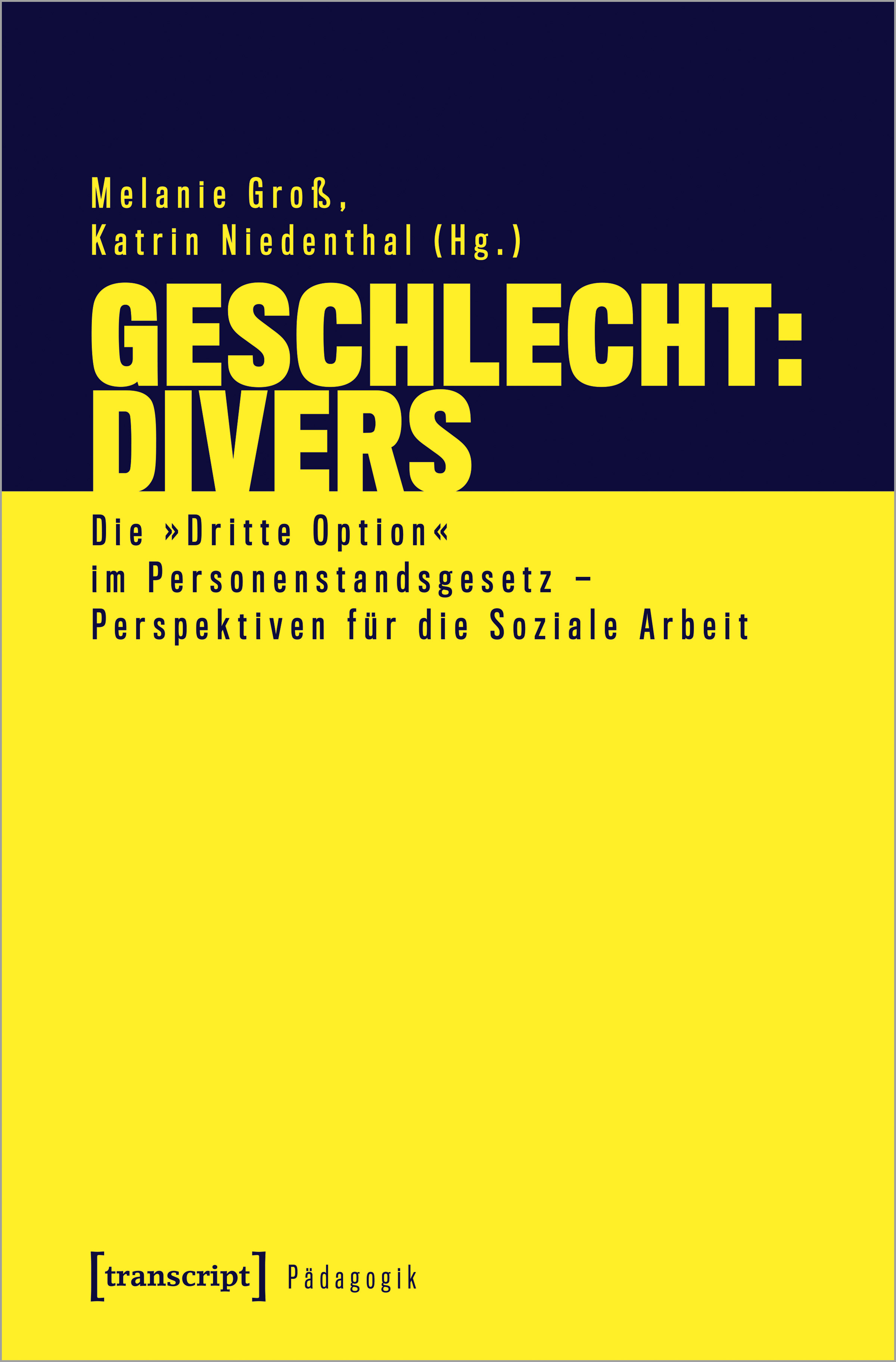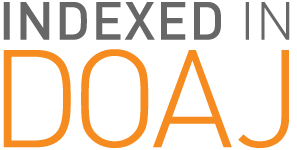Creating Places of Livability. The New Law on Personal Status Calls on Social Work to Move
Melanie Groß, Katrin Niedenthal (Hg.): Geschlecht: divers. Die ‚Dritte Option‘ im Personenstandsgesetz – Perspektiven für die Soziale Arbeit. transcript Verlag. 2021.
DOI:
https://doi.org/10.17169/ogj.2022.187Keywords:
Gender, Social Work, Intersexuality, TranssexualityAbstract
What is the significance of the newly created "third option" in the Personal Status Act for the social work profession? Social work is urgently called upon to make its way towards more gender and sexual diversity, to develop itself further and to question its own contribution to the cementing of a two-gender order. The anthology "Gender: Divers" brings together valuable contributions on this topic, which, along with insights into various fields of work, stimulate both necessary professional (self-)reflections and institutional further developments in the sense of gender and sexual diversity. With theoretical references to queer, feminist and postcolonial work, the authors discuss ways of orienting social work in research, teaching and professional practice beyond heteronormative bisexuality.
References
Bochert, Nadine/Focks, Petra/Nachtigall, Andrea (2018): Trans*, Inter* und genderqueere Jugendliche in Deutschland – partizipativ-empowernde Unterstützungsangebote und ihre Bedeutung für eine menschenrechtsbezogene Soziale Arbeit. In: Spatscheck, Christian/Steckelberg, Claudia/DGSA (Hg.): Menschenrechte und Soziale Arbeit. Berlin, Toronto: Budrich, 231–243. doi: http://doi.org/10.2307/j.ctvd7w8g4.20
Boger, Mai-Anh (2019): Theorie der Inklusion. Die Theorie der trilemmatischen Inklusion zum Mitdenken. Münster: edition assemblage.
Enzendorfer, Mart/Haller, Paul (2020): Intersex and Education: What can Schools and Queer School Projects learn from Current Discourses on Intersex in Austria? In: Francis, Dennis A./Kjaran, Jón Ingvar/Lehtonen, Jukka (Hg.): Queer Social Movement and Outreach Work in Schools. Queer Studies and Education. Cham: Palgrave Macmillan, 261–284. doi: http://doi.org10.1007/978-3-030-41610-2_12
Hechler, Andreas (2015): Intergeschlechtlichkeit in Bildung, Pädagogik und Sozialer Arbeit. In: BMFSFJ (Hg.): Geschlechtliche Vielfalt. Begrifflichkeiten, Definitionen und disziplinäre Zugänge zu Trans- und Intergeschlechtlichkeiten. Begleitforschung zur Interministeriellen Arbeitsgruppe Inter- und Transsexualität. Berlin, 61–74. doi: http://doi.org/10.30820/9783837967999-161

Downloads
Published
How to Cite
License
All contributions in Open Gender Journal are published under the Creative Commons Attribution 4.0 International license. You may freely make use of the corresponding texts in accordance to the conditions of the license (License contract, generally understandable version). There is no exclusive transfer of usage rights ("copyright transfer"). Open Gender Journal does not charge authors any costs for publication (so-called Article Processing Charges, APC) or submission (so-called Submission Charges). Authors are encouraged to share their contributions in other places, such as repositories.













